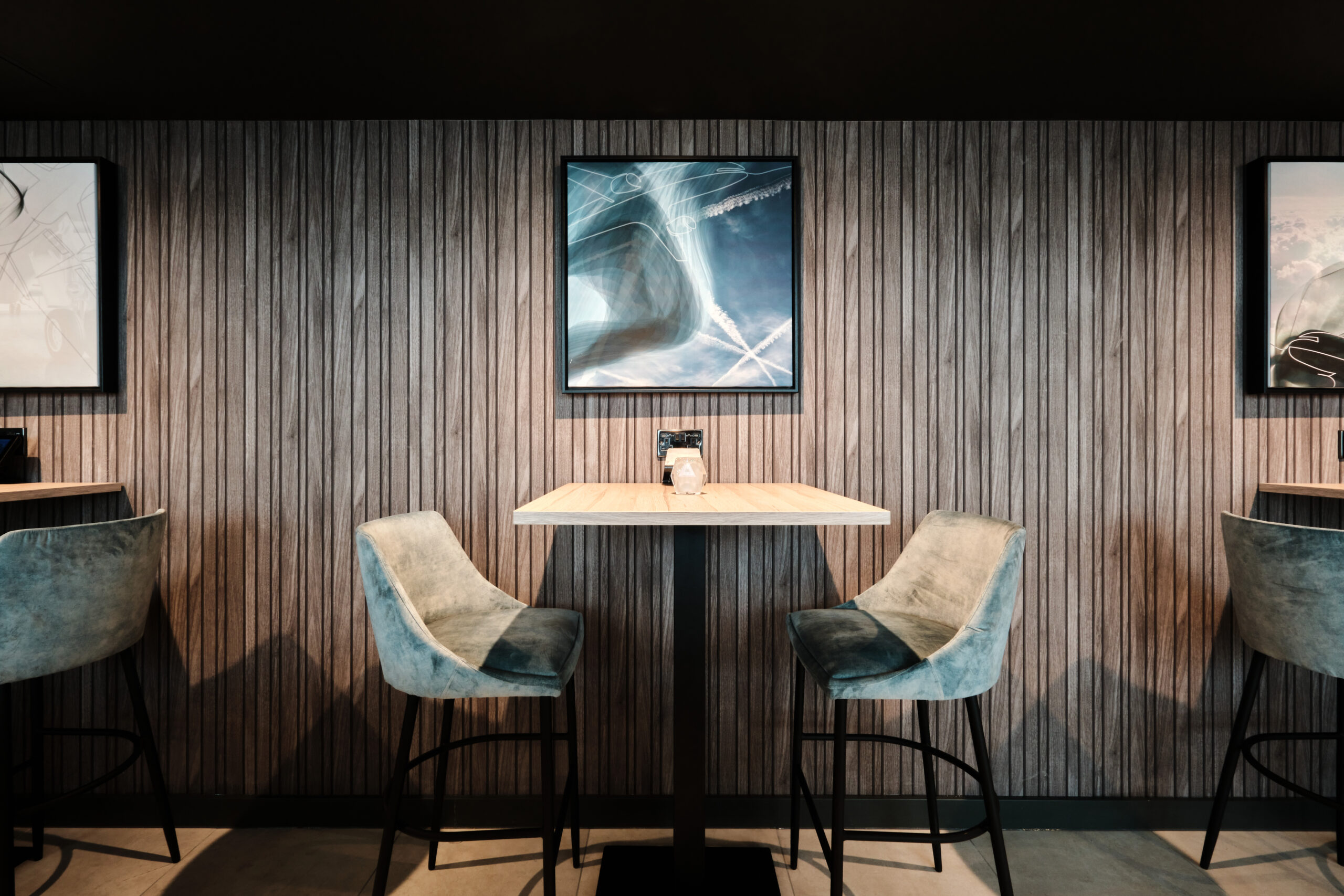
Transforming Spaces for Hospitality Success
The hospitality industry is a dynamic and ever-evolving sector that continuously adapts to the changing needs and preferences of its customers. In today’s fast-paced world, creating memorable guest experiences is crucial for the success of any hospitality business. One key element in achieving this is the transformation of physical spaces to meet the evolving demands of modern travellers.
Understanding the Importance of Space Transformation
Spaces in the hospitality industry are more than just rooms and corridors; they are the canvas on which experiences are painted. The ability to transform these spaces can set a hotel, restaurant, or any other hospitality establishment apart from the competition. Whether it’s a cozy boutique hotel or a sprawling resort, making strategic changes to the physical environment can elevate the overall guest experience.
Meeting Diverse Guest Expectations
Guest expectations have evolved significantly over the years. Today’s travellers seek unique and personalised experiences that go beyond traditional accommodations. Transforming spaces to cater to these diverse expectations is crucial. For instance:
1. Embracing Technology
Integrating technology into spaces is a must. Smart rooms with intuitive controls for lighting, climate, and entertainment systems provide guests with convenience and control. High-speed Wi-Fi and digital check-in options enhance the guest experience, making their stay seamless and enjoyable.
2. Flexible Design
Spaces should be designed with flexibility in mind. Multi-purpose areas that can serve as co-working spaces during the day and entertainment hubs in the evening cater to the needs of both business and leisure travellers. Adaptable furniture and modular layouts allow for easy transformations.
3. Sustainable Practices
Sustainability is a growing concern among travellers. Transforming spaces to incorporate eco-friendly materials and practices not only appeals to environmentally conscious guests but also reduces operational costs in the long run.
4. Local and Authentic Decor
Incorporating local culture and authenticity into the design of spaces can provide a unique and memorable experience. Guests appreciate spaces that reflect the local heritage and traditions of the destination they are visiting.
Collaboration with Design Experts
Transforming spaces effectively requires collaboration with design professionals who understand the intricacies of the hospitality industry. Interior designers, architects, and branding experts can work together to create spaces that resonate with the target audience while staying true to the brand’s identity.
Case Study: The Successful Transformation of ‘The Grove Retreat’
To illustrate the impact of space transformation, let’s look at ‘The Grove Retreat,’ a charming boutique hotel located in a picturesque countryside setting. The owners recognised the need to modernise their establishment to attract a younger, tech-savvy clientele while preserving the charm of their historic building.
Working closely with a team of experts, they:
- Updated the rooms with smart technology, allowing guests to control lighting, temperature, and entertainment systems via an app.
- Transformed the courtyard into a flexible event space, hosting everything from weddings to yoga retreats.
- Adopted sustainable practices, including energy-efficient lighting and water-saving fixtures.
- Incorporated local art and décor to showcase the regional culture.
The transformation not only increased occupancy rates but also garnered positive reviews and customer loyalty.
In Conclusion
The hospitality industry is all about creating memorable experiences, and the transformation of spaces plays a pivotal role in achieving this goal. By embracing technology, flexibility, sustainability, and local authenticity, hospitality establishments can cater to the diverse expectations of modern travellers. Collaborating with design experts can help bring these transformations to life, ensuring continued success and guest satisfaction in the competitive hospitality landscape.
In a world where every traveler seeks a unique journey, the transformation of spaces for hospitality success is a key driver of growth and profitability. It’s not just about providing a place to stay; it’s about crafting unforgettable memories for every guest who walks through your doors.
